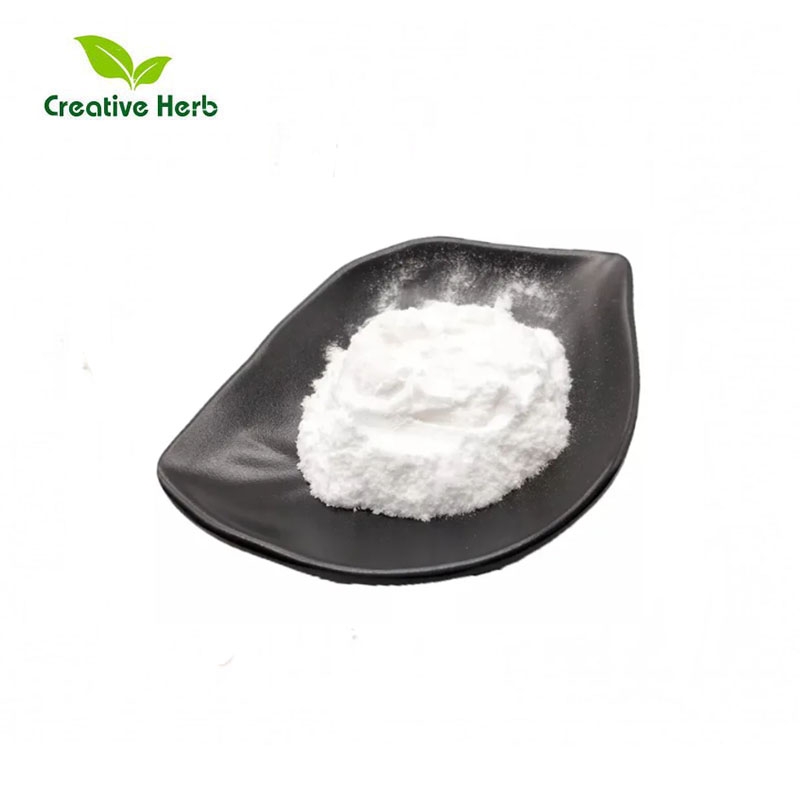Mol bio cell: environmental pressure mediated gene mutation leads to drug resistance of cancer cells!
-
Last Update: 2019-02-24
-
Source: Internet
-
Author: User
Search more information of high quality chemicals, good prices and reliable suppliers, visit
www.echemi.com
February 24, 2019 / BIOON / - how cells obtain gene mutations is a very basic biological problem Research on this problem has an impact on many areas of biomedical research (from tumor evolution to cell multidrug resistance) Although chromosomal heterogeneity is one of the characteristics of cancer cells, researchers rarely found gene mutations in cancer cell genomes that lead to chromosome instability, which means that this phenomenon is also affected by some non genetic factors Photo source: molecular biology of the cell Recently, biomedical scientists from a * star institute in Singapore found that extreme conditions designed to kill cancer cells make cancer cells more resistant to treatment For example, high temperature, lack of nutrients and other environmental pressures will cause cancer cells to obtain a large number of gene mutations, some of which will make cancer cells more resistant to commonly used anti-cancer drugs The study warns of ways to use maximum treatment pressure to eliminate tumors "Although we do need extreme therapies to kill cancer cells, our research has found that these therapies may be a double-edged sword." Giulia rancati, a cell and evolutionary biologist at the Institute of medical biology at the a * star institute, said he led the study When the researchers exposed human colorectal cancer cells with stable karyotype to environmental pressure in vitro, they stimulated a series of chromosomal mutations and karyotype heterogeneity At the molecular level, the researchers found that overheating can induce chromosome polyploidy by affecting the function of centrosome, preventing chromosome segregation and weakening the spindle assembly checkpoint These combined effects together lead to the withdrawal of mitosis without segregation of chromosomes Finally, heat induced tetraploid cells are more resistant to chemotherapy This study shows that environmental disruption promotes karyotype heterogeneity and eventually leads to drug resistance The team then hopes to test their findings in a mouse cancer model Reference: Zhao Tan et al Environmental stresses induce karyotypic installation in color cancer cells, molecular biology of the cell (2018) Doi: 10.1091/mbc.e18-10-062 6
This article is an English version of an article which is originally in the Chinese language on echemi.com and is provided for information purposes only.
This website makes no representation or warranty of any kind, either expressed or implied, as to the accuracy, completeness ownership or reliability of
the article or any translations thereof. If you have any concerns or complaints relating to the article, please send an email, providing a detailed
description of the concern or complaint, to
service@echemi.com. A staff member will contact you within 5 working days. Once verified, infringing content
will be removed immediately.







